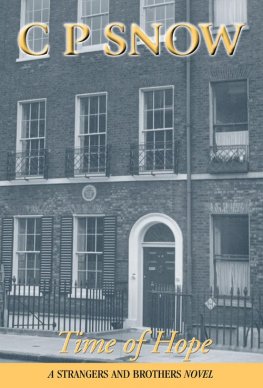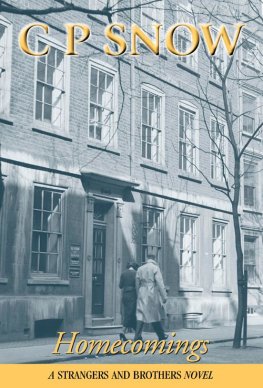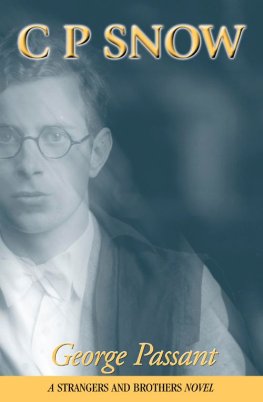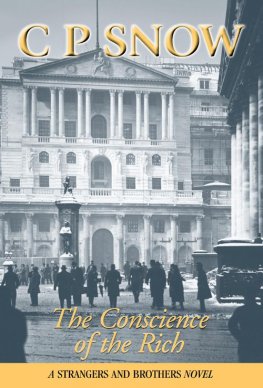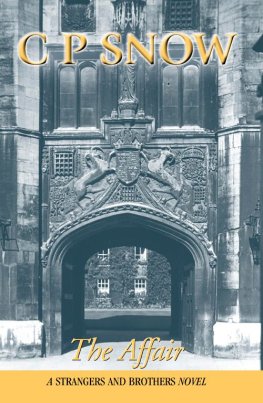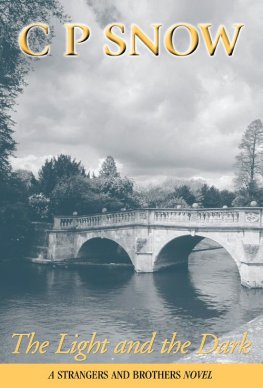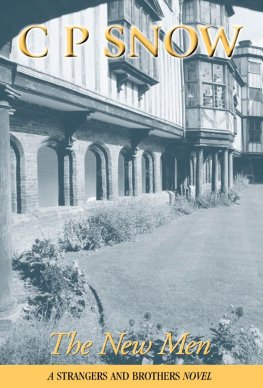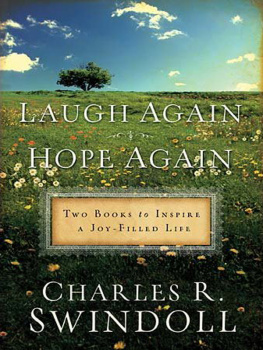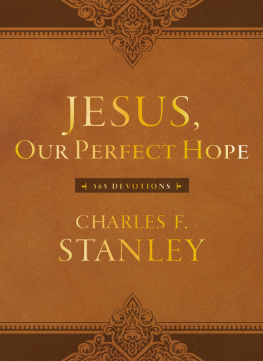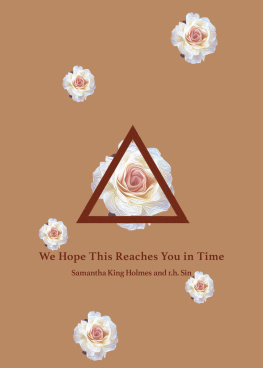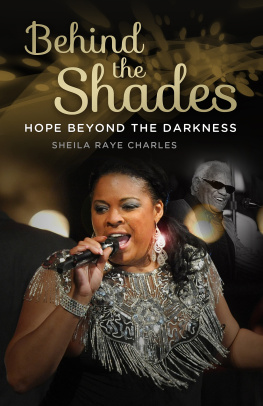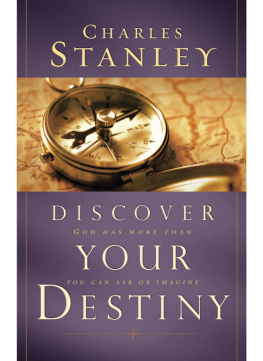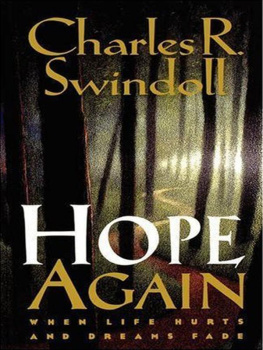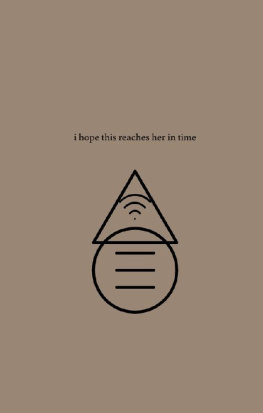Charles Snow - Time of Hope
Here you can read online Charles Snow - Time of Hope full text of the book (entire story) in english for free. Download pdf and epub, get meaning, cover and reviews about this ebook. year: 2012, publisher: House of Stratus, genre: Prose. Description of the work, (preface) as well as reviews are available. Best literature library LitArk.com created for fans of good reading and offers a wide selection of genres:
Romance novel
Science fiction
Adventure
Detective
Science
History
Home and family
Prose
Art
Politics
Computer
Non-fiction
Religion
Business
Children
Humor
Choose a favorite category and find really read worthwhile books. Enjoy immersion in the world of imagination, feel the emotions of the characters or learn something new for yourself, make an fascinating discovery.
- Book:Time of Hope
- Author:
- Publisher:House of Stratus
- Genre:
- Year:2012
- ISBN:9780755120208
- Rating:4 / 5
- Favourites:Add to favourites
- Your mark:
- 80
- 1
- 2
- 3
- 4
- 5
Time of Hope: summary, description and annotation
We offer to read an annotation, description, summary or preface (depends on what the author of the book "Time of Hope" wrote himself). If you haven't found the necessary information about the book — write in the comments, we will try to find it.
Time of Hope — read online for free the complete book (whole text) full work
Below is the text of the book, divided by pages. System saving the place of the last page read, allows you to conveniently read the book "Time of Hope" online for free, without having to search again every time where you left off. Put a bookmark, and you can go to the page where you finished reading at any time.
Font size:
Interval:
Bookmark:
C.P. Snow
Time of Hope
A Strangers & Brothers Novel
This is a fictional work and all characters are drawn from the authors imagination.
Any resemblance or similarities to persons either living or dead are entirely coincidental.
About the Author

Charles Percy Snow was born in Leicester, on 15 October 1905. He was educated from age eleven at Alderman Newtons School for boys where he excelled in most subjects, enjoying a reputation for an astounding memory and also developed a lifelong love of cricket. In 1923 he became an external student in science of London University, as the local college he attended in Leicester had no science department. At the same time he read widely and gained practical experience by working as a laboratory assistant at Newtons to gain the necessary practical experience needed.
Having achieved a first class degree, followed by a Master of Science he won a studentship in 1928 which he used to research at the famous Cavendish Laboratory in Cambridge. There, he went on to become a Fellow of Christs College, Cambridge, in 1930 where he also served as a tutor, but his position became increasingly titular as he branched into other areas of activity. In 1934, he began to publish scientific articles in Nature, and then The Spectator before becoming editor of the journal Discovery in 1937. However, he was also writing fiction during this period, with his first novel Death Under Sail published in 1932, and in 1940 Strangers and Brothers was published. This was the first of eleven novels in the series and was later renamed George Passant when Strangers and Brothers was used to denote the series itself.
Discovery became a casualty of the war, closing in 1940. However, by this time Snow was already involved with the Royal Society, who had organised a group to specifically use British scientific talent operating under the auspices of the Ministry of Labour. He served as the Ministrys technical director from 1940 to 1944. After the war, he became a civil service commissioner responsible for recruiting scientists to work for the government. He also returned to writing, continuing the Strangers and Brothers series of novels. The Light and the Dark was published in 1947, followed byTime of Hope in 1949, and perhaps the most famous and popular of them all, The Masters, in 1951. He planned to finish the cycle within five years, but the final novel Last Things wasnt published until 1970.
He married the novelist Pamela Hansford Johnson in 1950 and they had one son, Philip, in 1952. Snow was knighted in 1957 and became a life peer in 1964, taking the title Baron Snow of the City Leicester. He also joined Harold Wilsons first government as Parliamentary Secretary to the new Minister of Technology. When the department ceased to exist in 1966 he became a vociferous back-bencher in the House of Lords.
After finishing the Strangers and Brothers series, Snow continued writing both fiction and non-fiction. His last work of fiction was A Coat of Vanish, published in 1978. His non-fiction included a short life of Trollope published in 1974 and another, published posthumously in 1981, The Physicists: a Generation that Changed the World. He was also inundated with lecturing requests and offers of honorary doctorates. In 1961, he became Rector of St. Andrews University and for ten years also wrote influential weekly reviews for the Financial Times.
In these later years, Snow suffered from poor health although he continued to travel and lecture. He also remained active as a writer and critic until hospitalized on 1 July 1980. He died later that day of a perforated ulcer.
Mr Snow has established himself, on his own chosen ground, in an eminent and conspicuous position among contemporary English novelists New Statesman
Dedication
To
DICK
Part One
Son and Mother
The midges were dancing over the water. Close to our hands the reeds were high and lush, and on the other side of the stream the bank ran up steeply, so that we seemed alone, alone in the hot, still, endless afternoon. We had been there all day, the whole party of us; the ground was littered with our picnic; now as the sun began to dip we had become quiet, for a party of children. We lay lazily, looking through the reeds at the glassy water. I stretched to pluck a blade of grass, the turf was rough and warm beneath the knees.
It was one of the long afternoons of childhood. I was nearly nine years old, and it was the June of 1914. It was an afternoon I should not have remembered, except for what happened to me on the way home.
It was getting late when we left the stream, climbed the bank, found ourselves back in the suburb, beside the tramlines. Down in the reeds we could make-believe that we were isolated, Camping in the wilds; but in fact, the tramlines ran by, parallel to the stream, for another mile. I went home alone, tired and happy after the day in the sun. I was not in a hurry, and walked along, basking in the warm evening. The scent of the lime trees hung over the suburban street; lights were coming on in some of the houses; the red brick of the new church was roseate in the sunset glow.
At the church the street forked; to the right past the butchers, past a row of little houses whose front doors opened on to the pavement; to the left past the public library along the familiar road towards home. There were the houses with entries leading to their back doors, and the neat, minute gardens in front. There was my aunts house, with the BUILDER AND CONTRACTOR sign over the side gate. Then came ours: one of a pair, older than the rest of this road, three storeys instead of two, red brick like the church, shambling and in need of a coat of paint to cover the sun blisters. Round the bend from the library I could already see the jessamine in the summer twilight. I was in sight of home. Then it happened. Without warning, without any kind of reason, I was seized with a sense of overwhelming dread. I was terrified that some disaster was waiting for me. In an instant, dread had pounced on me out of the dark. I was too young to have any defences. I was a child, and all misery was eternal. I could not believe that this terror would pass.
Tired as I was, I began to run frantically home. I had to find out what the premonition meant. It seemed to have come from nowhere; I could not realize that there might be anxiety in the air at home, that I might have picked it up. Had I heard more than I knew? As I ran; as I left behind good nights from neighbours watering their flowers, I felt nothing but terror. I thought that my mother must be dead.
When I arrived, all looked as it always did. From the road I could see there was no light in the front-room window; that was usual, until I got back home. I went in by the back door. The blinds were drawn in the other sitting-room, and a band of light shone into the back garden; in the kitchen there was a faint radiance from the gas mantle, ready for me to turn it up. My supper was waiting on the table. I rushed through the passage in search of my mother. I burst into the lighted sitting-room. There she was. I cried out with perfect relief.
She was embarrassed to see me. Her face was handsome, anxious, vain, and imperious; that night her cheeks were flushed, her eyes bright and excited instead of, as I knew them best, keen, bold, and troubled. She was sitting at a table with two women, friends of hers who came often to the house. On the table lay three rows of cards, face upwards, and one of my mothers friends had her finger pointing to the king of spades. But they were not playing a game they were telling fortunes.
Font size:
Interval:
Bookmark:
Similar books «Time of Hope»
Look at similar books to Time of Hope. We have selected literature similar in name and meaning in the hope of providing readers with more options to find new, interesting, not yet read works.
Discussion, reviews of the book Time of Hope and just readers' own opinions. Leave your comments, write what you think about the work, its meaning or the main characters. Specify what exactly you liked and what you didn't like, and why you think so.

